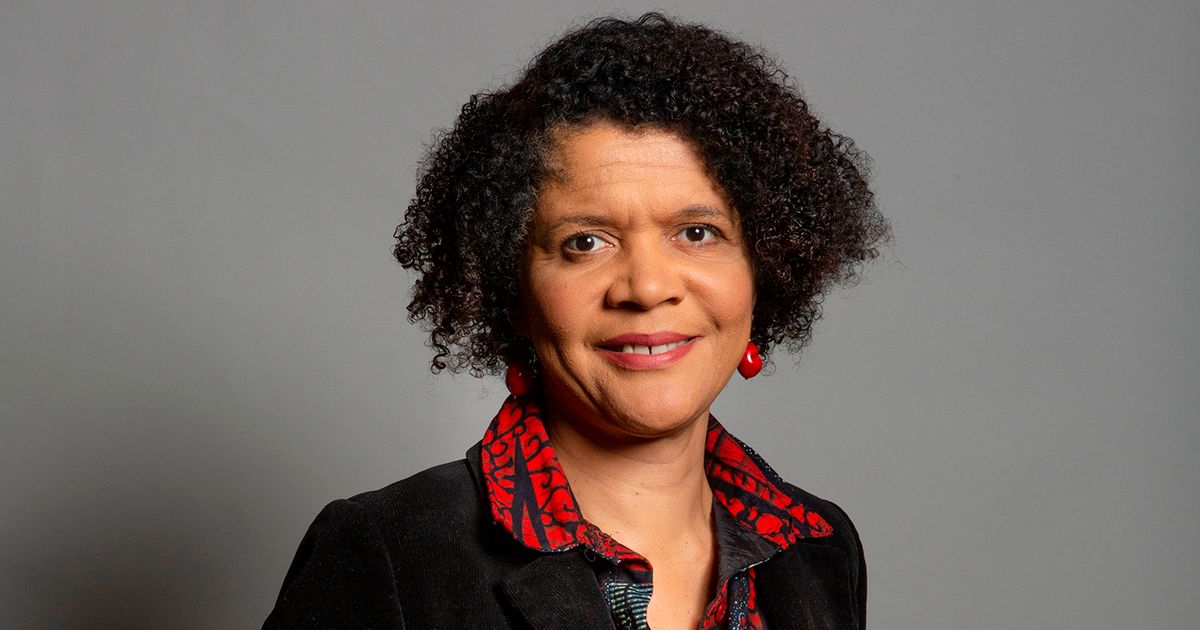Before I was an MP, I worked as a Chartered Electrical Engineer for two decades. I’ve now spent over a decade as Engineer and MP in the House of Commons. I knew from a young age that I wanted to be an engineer, but I wasn’t aware of any female engineers, which made it hard to argue with those who told me girls did not ‘do engineering.’ I suffered from what I now call Marie Curie Syndrome – the inability to name more than one female scientist or engineer.
When I entered Imperial College London in 1984, my first day involved sitting in an overwhelmingly white, male and privately-educated lecture theatre to learn ‘our’ college song in an atmosphere which I now recognise as a public school debating society. I was annoyed and a little intimidated, but not daunted.
I was told I was part of an advance guard of what would soon be an army of female engineers, that engineering would become increasingly gender balanced. Flash forward to2010, the year I was first elected to Parliament, and women still made up only 10.5% of all engineers according to Engineering UK. By 2022, that figure had only risen to 16.5%.
I am personally very grateful for my engineering degree; it was the basis for a wonderful career in professional engineering which took me all over the world. I worked in hardware development and software development. I helped build out Nigeria’s first GSM network; I developed standardised signalling systems for pan-European communications.
However, even today many women are still excluded from pursuing STEM careers. A 2020 report by the All-Party Parliamentary Group on Diversity and Inclusion in STEM, in which I am the chair, found that women make up just 27% of the STEM workforce, compared with 52% of the non-STEM workforce.
Teach First has commissioned a YouGov poll of more than 1,000 11-to-16-year-olds. According to the survey, 54% of girls said they did not feel confident learning maths, compared to 41% of boys, while over 43% of girls said they did not feel confident learning science, compared with just 26% of boys.
STEM offers such great opportunities for women, and achieving gender parity is critical. Diversity does matter. It is not a tick box exercise. It is an economic imperative. Without it, innovation is stifled, and valuable talent is excluded from the workforce. Empowering women to pursue opportunities in STEM is therefore essential for a thriving workforce and making sure that women’s voices are heard.


